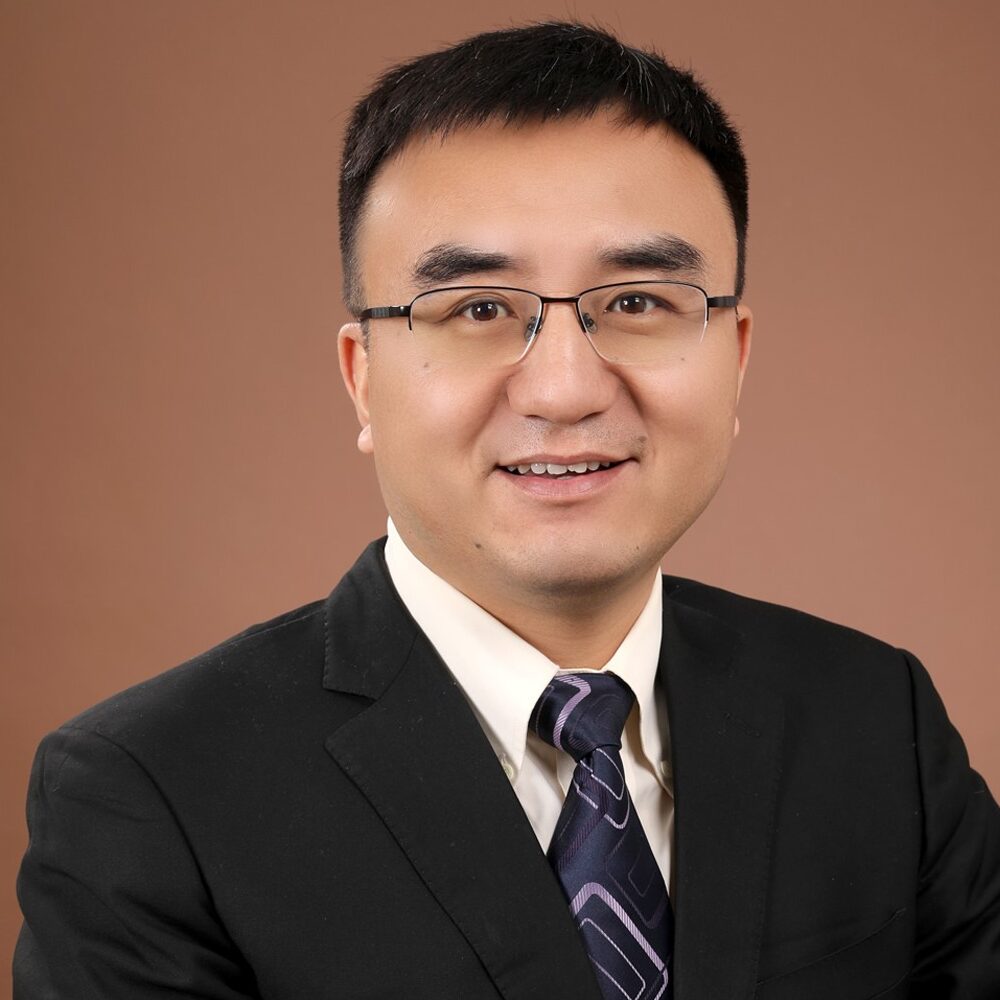 Prof. William J. Liu Prof. William J. Liu
Professor in Strategic Pandemic Action and Research Center (SPARC)
Guangzhou National Laboratory
China |
Title:
T cell immune evasion by SARS-CoV-2 escapees targeting cytotoxic T cell epitope hotspots
Abstract:
Although antibody escape is observed in emerging severe acute respiratory syndrome coronavirus 2 variants, T cell escape, especially after the global circulation of BA.2.86/JN.1, is unexplored. Herein, we demonstrate that T cell evasion exists in epitope hotspots spanning BA.2.86/JN.1 mutations. The newly emerging Q229K at this conserved nucleocapsid protein site impairs HLA-A2 epitope hotspot recognition. The association between HLA-A24 convalescents and T cell immune escape points to the spike (S) protein epitope S448-456NYNYLYRLF, with multiple mutations from Delta to JN.1, including L452Q, L452R, F456L, N450D and L452W, and N450D, L452W and L455S. A cliff drop of immune responses was observed for S448-456NYNYRYRLF (Delta/BA.5.2) and S448-456NYDYWYRSF (JN.1), but with immune preservation of S448-456NYDYWYRLF (BA.2.86). Structural analyses showed that hydrophobicity exposure determines the pronounced escape of L452R and L455S mutants, which was further confirmed by T cell receptor binding. This study highlights the characteristics and molecular mechanisms of the T cell immune escape for JN.1 and provides new insights into understanding the dominant circulation of variants, from the viewpoint of cytotoxic T cell evasion.”
Biography:
Dr. Liu holds a Bachelor’s degree in Preventive Medicine from the School of Public Health at Peking University, a Ph.D. from the Institute of Microbiology, Chinese Academy of Sciences, and completed postdoctoral research at Yale University in the United States. He has long been dedicated to the prevention and control of emerging and re-emerging viral diseases—such as influenza, Ebola, and COVID-19—and to research on T cell immunity.
Dr. Liu was recognized as an “Advanced Individual in COVID-19 Prevention and Control” by the National Health Commission, and has received several prestigious honors, including the Excellent Young Scientists Fund from the National Natural Science Foundation of China, selection as a “Young Top-Notch Talent” under the Ten Thousand Talents Program of the Central Organization Department, the “Science and Technology New Star” award from the Beijing Municipal Science and Technology Commission, the title of “Outstanding Alumnus of Peking University,” and the “National Youth Post Expert” award jointly granted by the Central Committee of the Communist Youth League and the Ministry of Human Resources and Social Security.
He has published more than 180 SCI papers in leading journals such as Nature (2 papers), Nature Immunology, Immunity, PNAS, National Science Review, Nature Communications, PLOS Medicine, PLOS Biology, Clinical Infectious Diseases, Emerging Infectious Diseases, mBio, Journal of Virology (10 papers), and Journal of Immunology (10 papers), and has contributed to 12 academic books in both Chinese and English.
Dr. Liu has an H-index of 45 and has led multiple national-level projects, including those under the National Key R\&D Program and the Major Research Plan of the National Natural Science Foundation of China. He currently serves as Deputy Editor-in-Chief of Biosafety and Health, and as an editorial board member of Infectious Diseases & Immunity, Global Transitions, Microbes & Immunity, Information on Infectious Diseases, Chinese Journal of Experimental and Clinical Virology, and International Journal of Virology. He is also a council member of the Chinese Society for Immunology.
Dr. Liu has participated in four missions to African countries—including Guinea, Sierra Leone, and the Democratic Republic of the Congo—for Ebola outbreak response. He has also led on-site COVID-19 control efforts in Wuhan (for over 130 days), Suifenhe, Harbin, Shulan, and Beijing’s Xinfadi market.
|
 Prof. William J. Liu
Prof. William J. Liu Prof. William J. Liu
Prof. William J. Liu